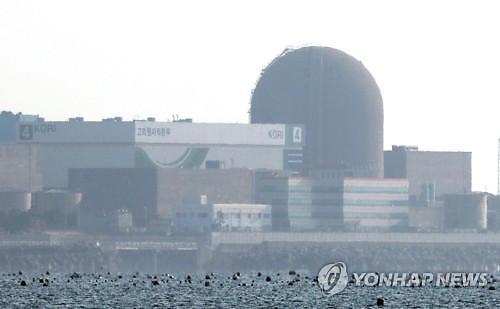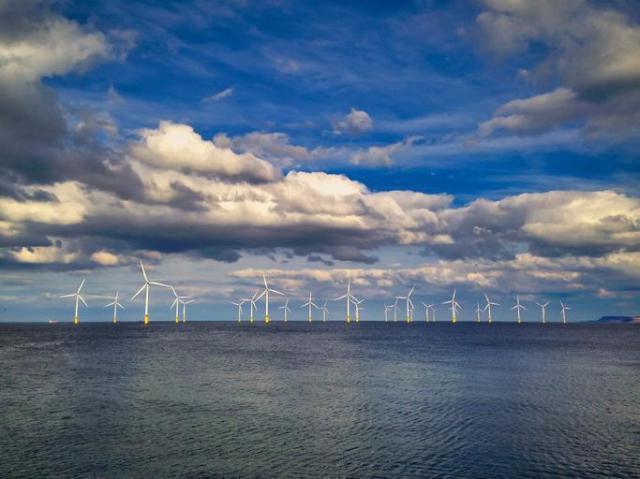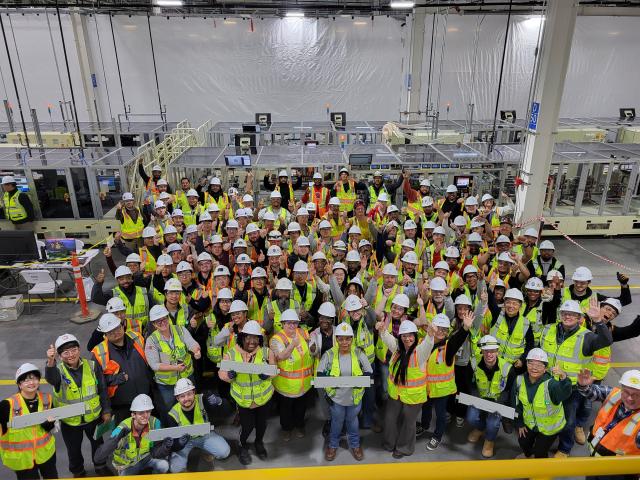
[Yonhap News Photo ]
President Moon Jae-in's "nuclear exit" campaign aimed at reducing South Korea's heavy dependence on nuclear energy faces a tough challenge from power plant operators and energy-related scholars and businessmen who are objected to any radical policy shift.
South Korea, which has almost no reserves of fossil fuels on its territory, has actively pushed for a nuclear energy program despite growing public concerns over nuclear safety, aging facilities and sporadic blackouts caused by faulty parts.
The operators of nuclear reactors which generate about 30 percent of the country's power supply came under pressure to close old facilities after Japan's 2011 nuclear meltdown in Fukushima drew unwelcome attention to the use of nuclear energy.
Moon, who advocates a fast policy shift from fossil fuels to renewable energy sources, promised to scrap the planned construction of two new reactors at South Korea's main Gori complex, block any extension of life for old reactors, and suspend those vulnerable to earthquakes.
The first open challenge came this week from about 230 energy-related scholars who issued a joint statement accusing "non-specialists" of endangering national safety with hasty and inconsiderate steps.
"It is unfortunate that energy policy, the foundation of our country, is being established unilaterally," they said, arguing the nuclear industry has contributed much to economic development and job creation. "We should re-establish our national energy policy cautiously, based on the consensus of experts and the public."
The union of Korea Hydro & Nuclear Power Co. (KHNP), the operator of nuclear power plants, followed suit with an appeal that the government should not abandon the construction of two new reactors in Gori, which has been completed about 30 percent.
"If the government unilaterally stops construction, it will cause conflicts in the regional community, and an astronomical amount of money will be wasted," the union said in a statement, expressing worries about massive layoffs and collapse of a nuclear energy industry which has accumulated world-class technologies for decades.
Unfazed by strong opposition, Moon's policy advisory panel, the State Affairs Planning Advisory Committee, promised to go ahead with the suspension of two Gori reactors.
"We should ditch our obsession with nuclear power generation and think rationally," committee head Kim Jin-pyo told a session with KHNP officials, pointing the danger of a possible industrial disaster in and around Gori.
"Nuclear power plants are concentrated too much (in a region) and our country is not safe from earthquakes," he said. "We need a quick transition to transfer accumulated technology in the nuclear industry to environment-friendly and renewable energy."
In South Korea, nearly 70 percent of power supply comes from fossil-fueled power stations and nuclear reactors. Opponents maintained there would be no overnight remedy, citing the slow pace of renewable energy development. They warned a hasty transition would cause a power supply shortage and high electricity bills.
Korea Electric Power Corp. (KEPCO), another state-run company which produces home-made reactors, has been under pressure from environmental activists to stop its participation in the Moorside project involving Japan's Toshiba to build reactors in the British coast of Cumbria.
In the United Arab Emirates, KEPCO has been involved in a $20 billion contract to build four nuclear reactors with a combined capacity of 5,600 megawatts. Greenpeace insists South Korea is the only OECD member to build more nuclear power plants, running against an international campaign to reduce the use of nuclear energy.
Lim Chang-won = cwlim34@ajunews.com




